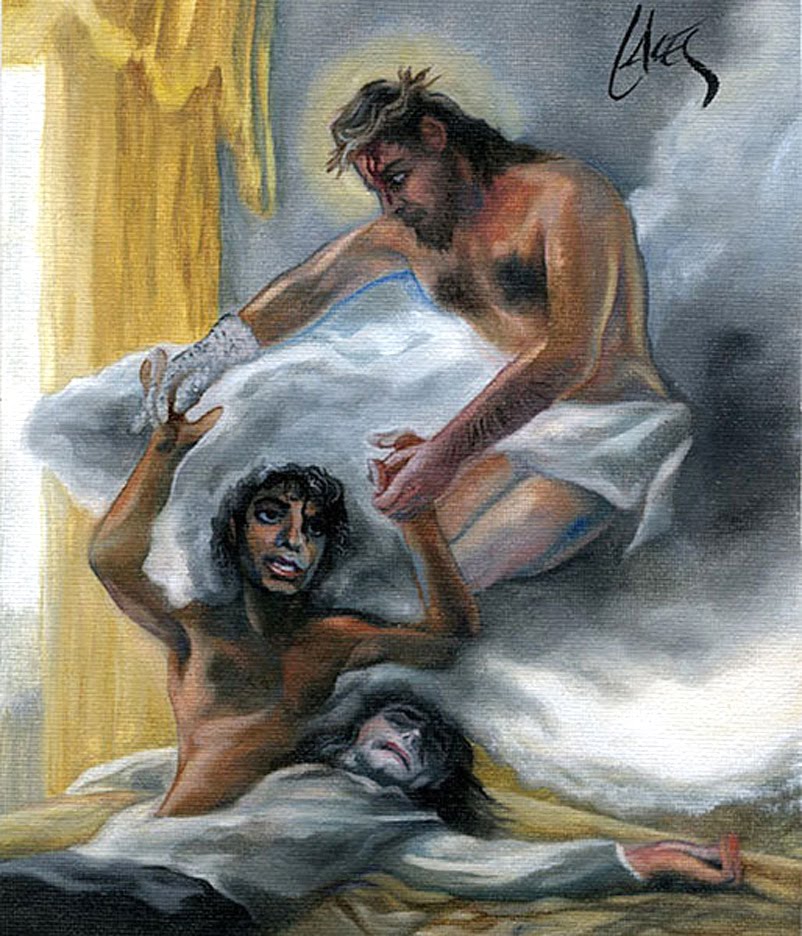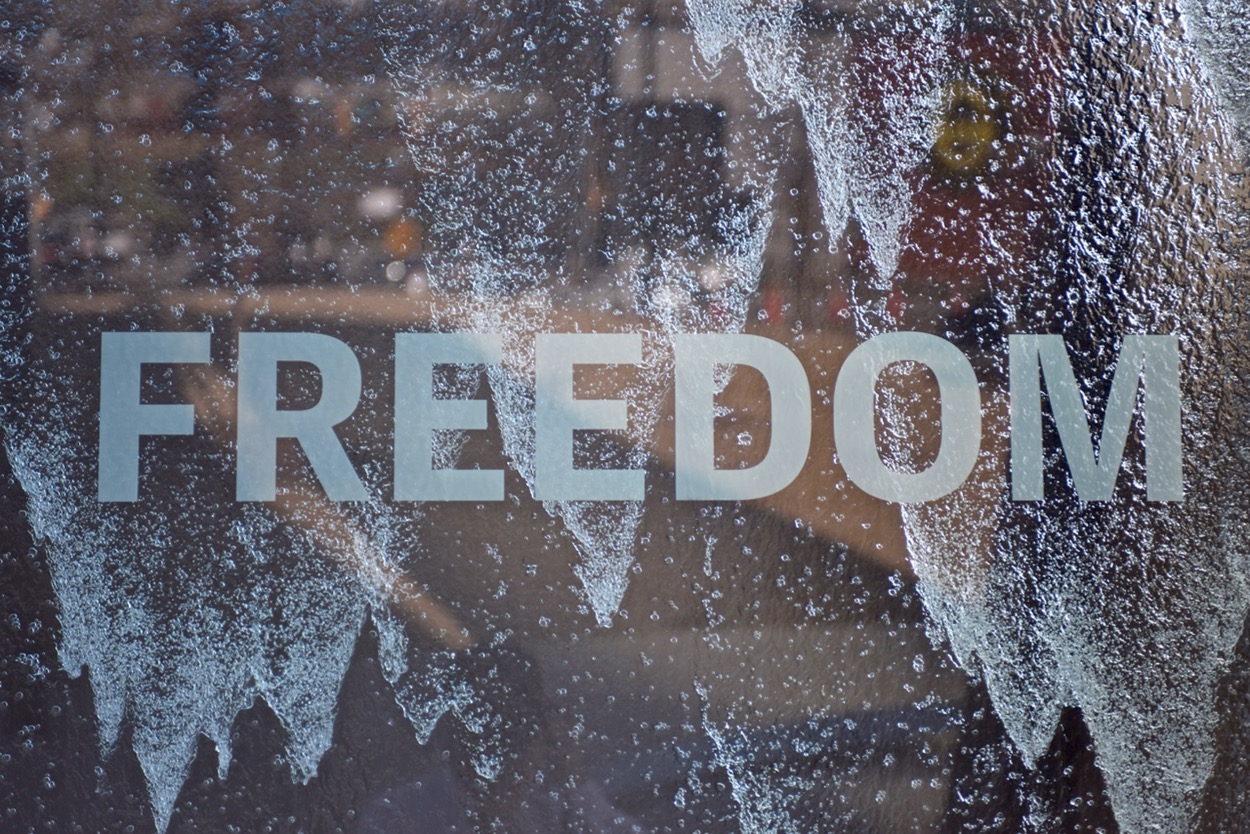[Was, “What is an e-book, asks a publisher.” I updated the title of this post. Yes it is a bit more provocative but I think it accurately reflects what Galassi is ultimately saying (hoping).]
The NY Times has an op-ed by Jonathan Galassi, the president of Farrar, Straus & Giroux. In it he ponders the news that William Styron’s work will be re-published in an electronic format.
News that the heirs of William Styron, the author of “Sophie’s Choice,” are licensing the electronic-publishing rights for some of his Random House books to Open Road Integrated Media got me to pondering: Are e-books a new frontier in publishing, a fresh version of the author’s work? Or are they simply the latest editions of the books produced by publishers like Random House?
The perspective that Galassi takes is perhaps not surprising, given his role as a publisher, but is a different angle than I think most “digerati” will have considered. His point is that the original printed versions of Styron’s works were more than just his words, they included the careful editing of the professionals at Random House and the expert graphic design, everything from the font to the commissioned images for the cover, provided by the publisher. OK. It is certainly reasonable to consider how their contributions influenced the work and our reception of it. But then Galassi takes it a step further, to a place I am not sure I am ready to go.
The author’s heirs hold the copyright to his work. But should another company be able to issue e-book versions of Random House’s editions without its involvement? An e-book version of Mr. Styron’s “The Confessions of Nat Turner” will contain more than the author’s original words. It will also comprise Mr. Loomis’s editing, as well as all the labor of copy editing, designing and producing, not to mention marketing and sales, that went into making it a desirable candidate for e-book distribution. Mr. Styron’s books took the form they have, are what they are today, not only because of his remarkable genius but also, as he himself acknowledged, because of the dedicated work of those at Random House.
Emphasis is mine. Galassi seems to be making an argument that Random House has, in some tangible manner, a right to the works of Styron. That is a step too far for me. While the font and dust jacket may have an influence on my reception of the text, it is on the most superficial level. The editing is, of course, extremely important, but if it has had so much influence on the text then the work should not have had only Stryon’s name on the cover in the first place. No, that was the publisher’s job and the reason they received a healthy portion of the proceeds from the sales of the book in the first place. (And I am certain that those graphic elements do belong to Random House and will not be reproduced in the e-book version. At least not without permission)
No, I firmly believe that it is the words are what make the work and gives it continue life to merit being published in multiple formats, not the dust jacket. It is because of the content that we continue to read Shakespeare, Rashi, and Ruth. In fact, I would hazard a guess that we would not be terribly impressed with the “quality” of the original “publication” of those works, at least not in the aesthetic sense that seems to matter so much to Galassi.
Of course, Mr. Galassi’s comments make me wonder what major authors Farrar, Straus & Giroux have in their stable. Could it be that some are getting ready to publish their works electronically with someone other than FS&G?




3 thoughts on “Publisher wants to curb authors’ rights”
You make a good point, Chris.
During my years as a pastor, I self-published 3-books, each 100-pages in length. I composed, edited, and printed them out of my personal computer and printer. I gave the copies to my friends and family. My books contained the best of my articles, art work, and a few sermons. My motive was obviously not to spread my wisdom among the masses and make some moola along the way. My motive was to leave some evidence of what I did and thought about life as I passed this way.
I am finding that I reluctantly must agree with Mr Galassi, at least in the broadest of terms.
First let me say that, if and author has protected their copyright such that Random House (or any other publisher) has no legal rights to the book then kudos to the author! That would then be the fault of the publisher, not the author. That said…
What Mr Galassi seems to be arguing is that generally publishers have a controlling interest over how and where books are published. That has held for every existing medium prior to ebooks (paper in both large and small print, and audio books.) The transition of the words from print to zeros and ones (and redisplaying them as letters and numbers) shouldn’t make a difference. If the publisher had control over the release of the book in the other media then they have a reasonable expectation of being able to control this medium as well.
The reason publishers retain control (through contracts) in various publishing geographic regions is preciously the one articulated in the article: publishers invest significant resources in the preparation, publication and promotion of the work, and thus have a financial interest in it.
This may well be a case of the contract law not catching up with the changing world of publishing. If Styron’s contract specifically delineated the media that Random House would control, then Random House loses out here. If on the other hand the contract stipulated that Random House was responsible (and could control) release of a book in “all media” in a geographic region, then they should rightly have control here as well.
Perhaps a deeper question is this: Why hasn’t Random House introduced this as an eBook before now?
Publishers aren’t evil. They are just businesses. And in this case, ptentially protecting their (and their client’s) interests.
I would not suggest that publishers are evil and I don’t believe I was even implying that. However, once a contract has ended, it has ended. What I understand Galassi to be arguing is that even after RH’s contract is complete the publisher should still be allowed to dictate how and where a work is published. After all if it were still under contract then indeed the publisher would have whatever rights are afforded in the contract. But then Galassi’s column is moot.
I assume (but cannot verify) that the reason for this column/concern was because Stryon’s works have devolved back to the family from the publisher. Now they are free to allow this new medium of publication without RH’s permission and that distrubs Galassi (who is not from RH, I should point out). It is possible that RH still owns the rights to the print versions, but then, as I think you are suggesting in your third to last paragraph, RH simply loses out. There is no injustice here simply business. My concern is that Galassi is trying to make an argument that would extend a publisher’s rights beyond that included in the contract. They should not be allowed to do that any more than the authors.